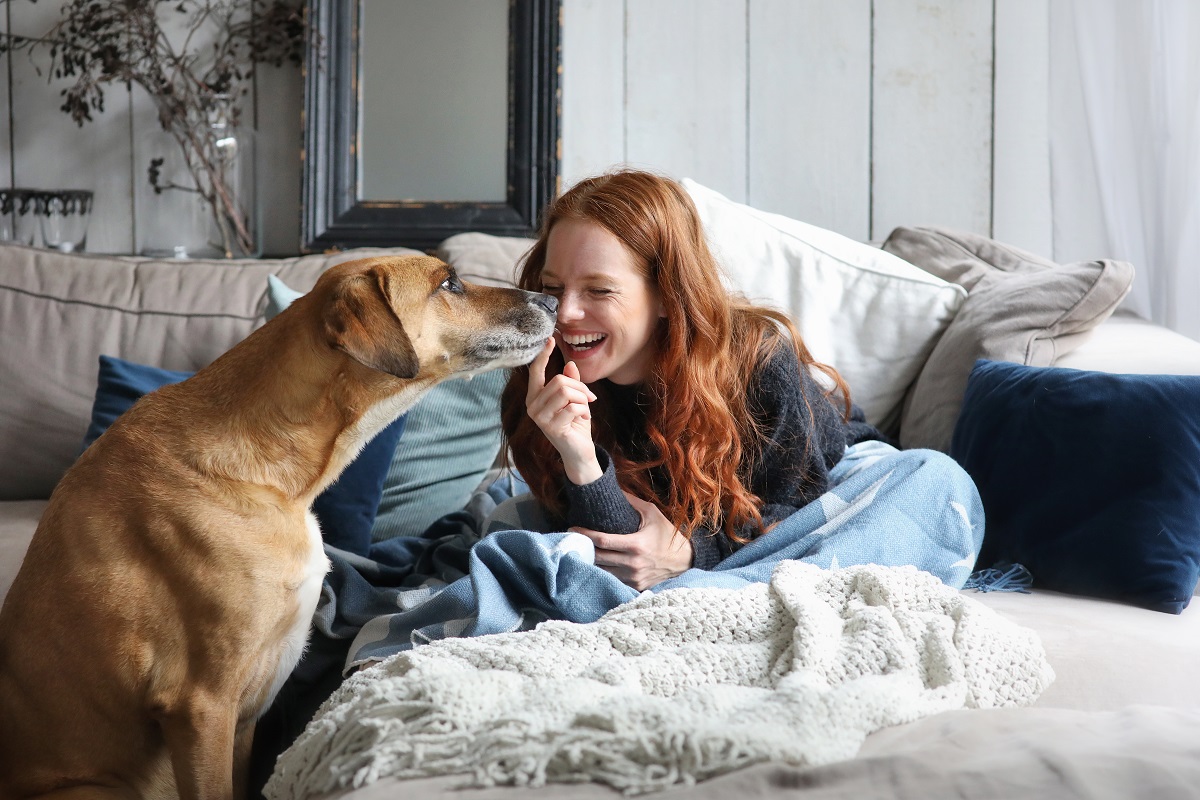Although it may not be a stroll in the park, becoming a fur parent certainly comes with a new set of challenges, especially when your dog turns out to have special needs. In this case, a deaf pet.
While you will eventually adapt and life will return to normal, the initial few months of transition could be challenging. While most causes would be of old age, researchers believe that hearing loss in dogs results from varying issues. For instance, acute ear infections, malignancies, parasite infections, medication intoxication, or injuries can affect the ear’s eardrum or the middle and inner ear, resulting in full or partial deafness.
Moreover, studies show that hearing loss in dogs is congenital, indicating it was present from birth. Experts also argue that certain dog breeds and blue-eyed puppies are more prone to hereditary deafness than their brown-eyed counterparts.
For many individuals, owning a disabled animal is only a short-term proposition. However, while you may want to rescue a deaf dog because you feel that it is the right thing to do, keep in mind that at the end of the day, you still have to live with the fact that your dog is impaired and that you need to take responsibility of your action.
They will continue to meet various obstacles, and you will continue to be your dog’s go-to person.
Prepare in Advance
If you are confident that you want to adopt a hearing impaired dog, take some time exploring the many modes of communication accessible to you. For instance, if your dog is partially deaf, you can use a specific tone or clicker to give commands. Otherwise, utilize hand signals such as a thumbs up and yummy treats to do so.
It will take some time to get accustomed to, but the key to a successful connection with a deaf dog is rhythm and preparedness. Once you establish that, deaf dogs and hearing dogs are essentially the same.
Understand Your Dog’s Specific Requirements
It is essential that you thoroughly comprehend any specific needs and requirements your new deaf pet may have before adopting them. For example, they could have other health problems that may contribute to their situation, affecting your dog’s well-being for the rest of their life. Thus, it’s imperative to know if they need additional or further medication and ensure that you will be able to pay for that medicine throughout your dog’s life.

Getting to Know Your Deaf Puppy
One of the most difficult challenges that individuals have when dealing with deaf dogs for the first time is figuring out how to introduce themselves to them. If you have any experience with dogs, you are aware that your nonverbal communication determines a large part of their response to greeting you, and this does not alter if your dog is impaired.
The first time your deaf dog meets you, his primary method of communication will be through your body language; thus, you must use certain gestures and signals to establish a positive connection. A helpful tip to remember is to avoid eye contact throughout the initial portion of the encounter; instead, gaze slightly off to one side.
Bringing Them Home
You may want to check around your house and make sure it is dog-proof before introducing your new pet to its new home. Ensure that they are safe from harm, especially from unwanted parasites such as fleas, ticks, and other pests. Consider setting an appointment with a pet-friendly exterminator service to help you build your defense for your new fur baby.
Make use of a pen, fence, or a specific barrier to create a wall blocking other house rooms. This allows you to handle your dog’s surroundings more effectively and keeps you informed without being distorted in a new household. Moreover, maintain a consistent schedule. Consistency is vital for all dogs, but it is even more critical for the hearing impaired ones since it helps them know what to anticipate from their current life and prevents generating more stress.
Depending on the reason for your dog’s hearing, you may also want to contact a veterinarian with expertise working with specific and special needs. While it is not required, it may make your dog feel more secure if your doctor is familiar with working with such conditions.
It is always recommended that you seek further information if you have any queries regarding having a deaf animal. What counts most in maintaining a pleasant and healthy connection with your hearing-impaired dog is knowing how to look after them. Finding beneficial toys, techniques, and strategies designed for deaf dogs and their owners are helpful in the long run. Remember, even deaf canines need respect and love, too.

